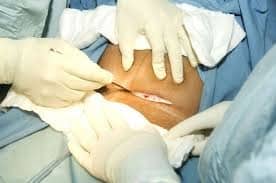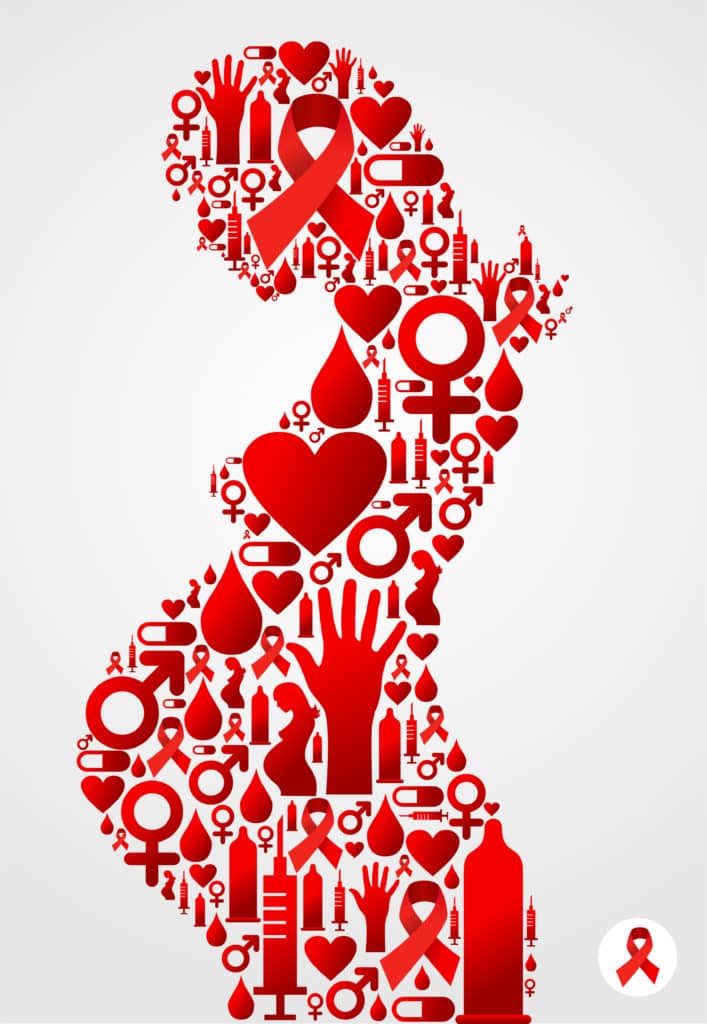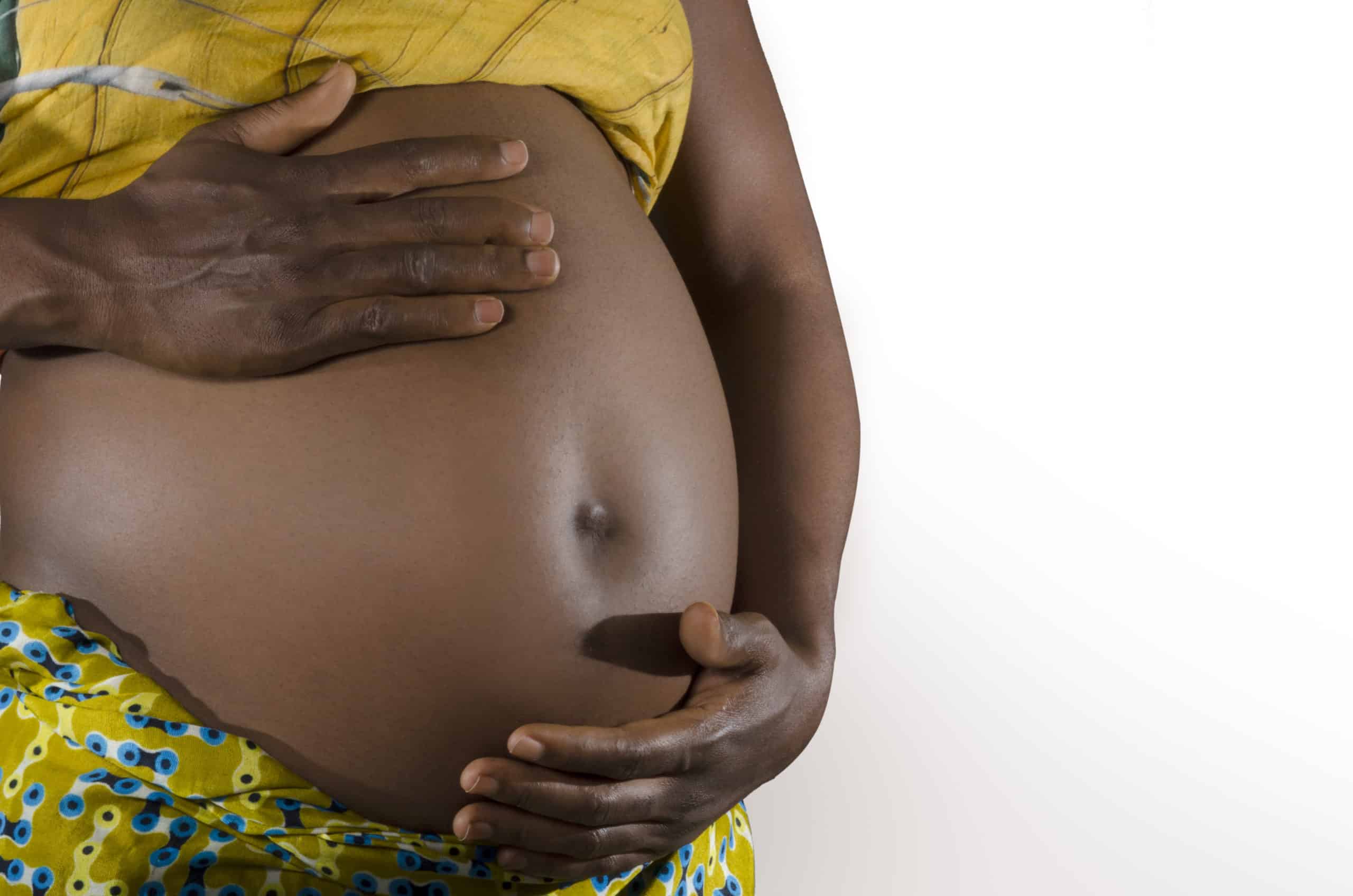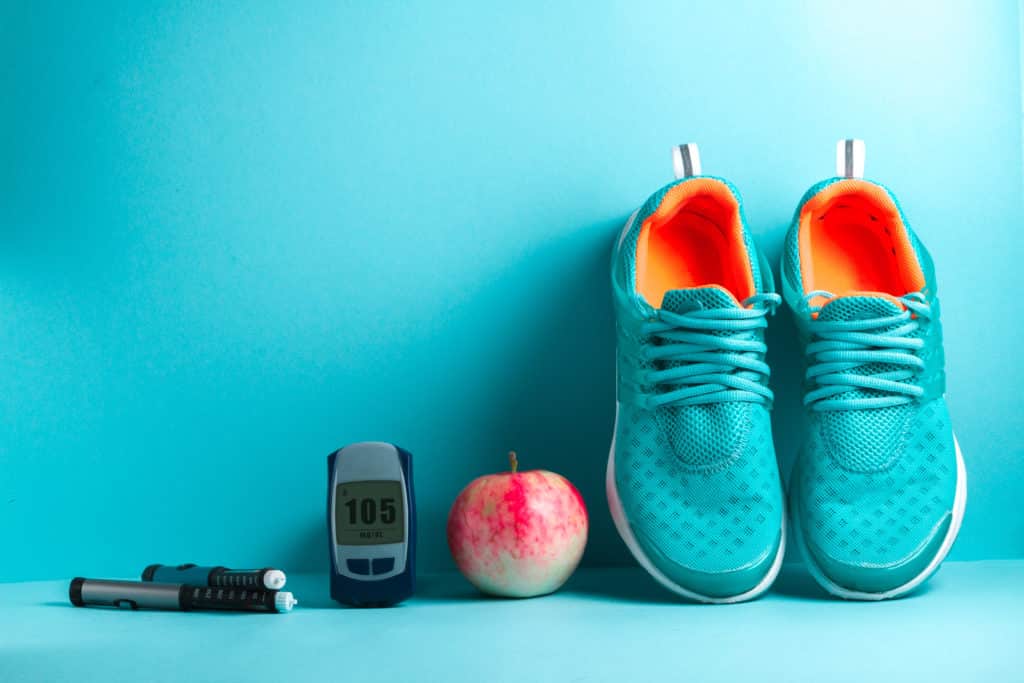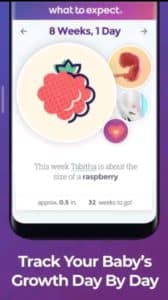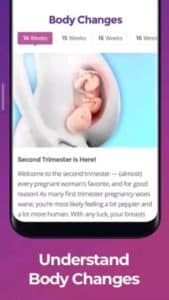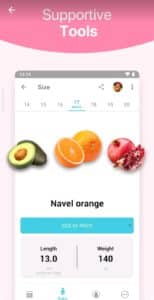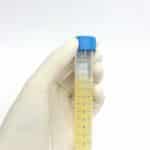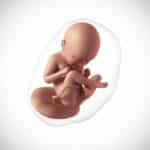Are you expecting a baby? Are you unsure of the things to buy while waiting?
We are here to help!
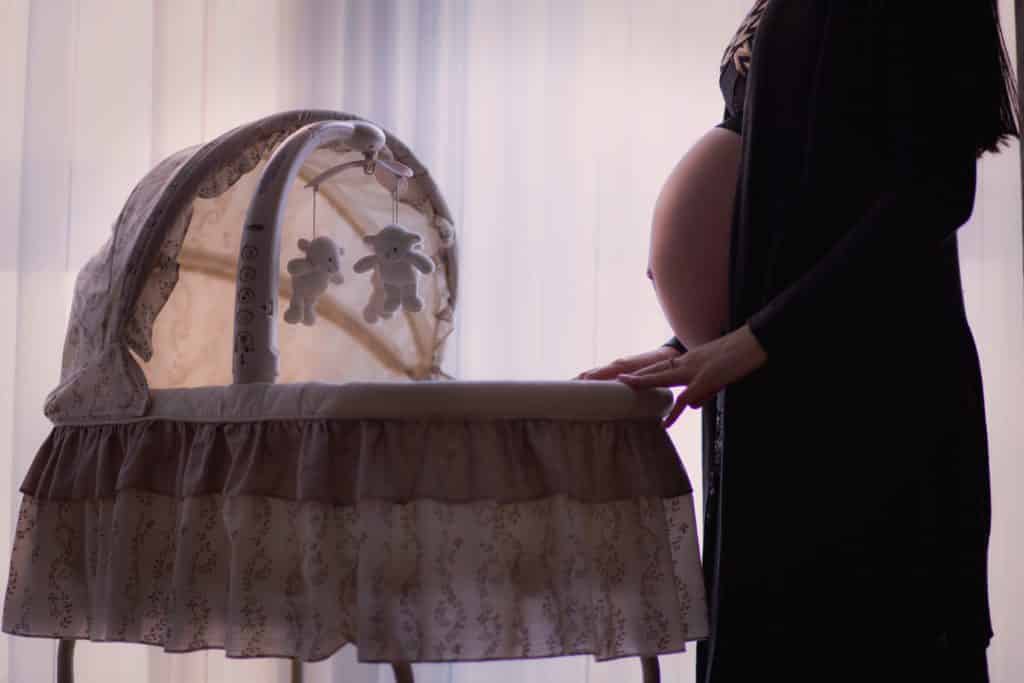
Here, we have listed the all the basic necessities, and some extra stuff, that your newborn will need. Follow the list below to find out what to buy as you expect your baby.
1. A Crib
Nature has already made suitable sleeping arrangements for your baby for the first nine months in your womb. Thus, worrying about where your baby will sleep has never been a problem…until now.
When your baby arrives, he or she will need some place to sleep.
Some mums will swear it was a waste of money but cribs are safer. They have barriers preventing the baby from rolling off the bed and are less likely to have excessive blankets or adult pillows that can suffocate baby or increase the chances of SIDS
So you need to make sure to include this in your plans. A good option for the first few months of life is a bassinet cradle or a three-sided crib.

Some cribs do not come with mattresses, so you may have to buy one. It will also be helpful to get waterproof mattress covers and light blankets. If you are using a crib that was handed down from your mum, aunt or sis, be sure to check that they are still safe to use.
2. Diapers
Your newborn baby is going to be pooping…a lot! So get ready for it. You will need a lot of diapers…about 70 to 90 per week to start with. You will also need moistened baby wipes, cotton wash cloths, waterproof sheets, changing pad, safety pins (to secure re-usable diapers), a bin or bucket to dispose the diapers, and last but not least, a diaper rash ointment or cream.
Do I get newborn or size 1 for starters? It depends on you baby’s birth weight. Best to stock up on a few smaller ones then get more of size one up. This was when baby arrives you have covered all you bases.
3. Clothes
It is advised to get as much clothes for your baby as possible in different sizes.
They grow fast. You’d need it.
Most mom’s favourite piece of clothing for their newborns are “onesies” – undershirts and overall that snap at the bottom.
Tip for mums on a budget… get baby clothes that come in sets. It usually ends up being cheaper and you can mix and match. Footless sleep suits are awesome because they don’t restrict your baby as they get longer so you can get more wear out of them.

You will also need large blankets, sweaters, pants, caps, scratch mittens, and socks or booties. It’s also helpful to get several sleepers (stretch suits that zip up in the front). In addition, you’d need burp cloths and bibs, especially if you are formula-feeding.
4. Bathing Essentials
You will need some sort of baby tub to bath your newborn. You’d also need to buy bath towels, washcloths, baby soap/shampoo, baby powder and baby oil, brush and combs, e.t.c. Lean towards unscented products and stick to one brand to protect baby’s sensitive skin.
5. Medications
Any medications you get should be with the approval of your health care provider. Ask for their recommendations for your medicine cabinet.
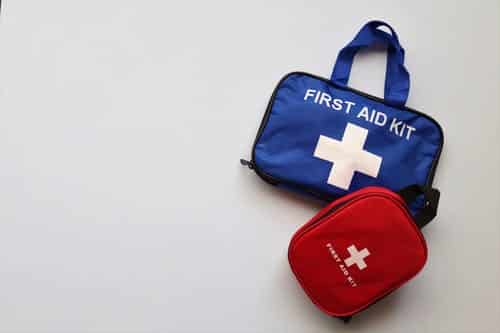
Some things you might include are;
- A thermometer
- A bulb syringe or nose aspirator ( to suction excess mucus from the nose and mouth)
- Eye dropper or medicine spoon
- Fever medications
- Cold and Flu medications for
- Multivitamins and supplements
- A mist humidifier ( optional)
- Saline nose drops ( to soften mucus before using a bulb syringe)
6. Food Related Items
Breastfeeding mothers will need:
- Breast pump
- Storage containers for breastmilk (storage bags or bottles)
- Nursing pillows
- Nursing bras
- Disposable or washable breast pads
- Balm or cream for sore or cracked nipples
On the other hand, formula-feeding mothers or those who intend to express breast milk and bottle feed will need:
- Lots of bibs and burp cloths
- Bottles and teat brush (for cleaning)
- Bowls (for sterilizing)
- Dish washer trays
- Infant-Formula (ensure you check the expiry date always)
- Thermal Flask and bottle-carrier
7. A Car-Seat
This is also another essential for safe driving. In a collision anything that isn’t strapped down may become a projectile. Car seats can also serve as a baby carrier. However do no leave baby in a carrier for over an hour when awake.
It’s advisable to buy this when your baby is still on the way.
8. Other Items
The following items are not essential, but convenient and will make parenting so much easier.
- A baby sling or baby carrier to allow you go hands-free
- A baby monitor that helps you monitor your baby even when you are in separate rooms
- Diaper bag, with extra space for snacks, toys, diapers, a change of clothes, e.t.c.
- A bouncy seat, infant swing or rocky chair
- Changing tables; for changing and storing diapers, baby wipes, ointment, e.t.c.
- A CD player and lullabies; will prove really helpful in calming your baby down. They work like magic!
- Lamp/Light Source; so you can see when feeding or changing diapers at night.
- A baby stroller
- Nail clippers or scissors
- Playpen or playhouse with baby toys
- Plastic or baby hangers to dry your baby’s clothes
- Sunshade for car windows
- Baby pacifiers
The list of things to buy while expecting a baby is inexhaustible. Among these are a few necessities, a lot of other items you may buy are based solely on personal preference. It may be helpful to speak with other experienced mums about things to buy and find out what they recommend.
In Conclusion,
Baby shopping can be hectic and overwhelming, especially for first-time parents.
Therefore, it is best you plan early, and buy all the essential items before your baby’s birth. So when your baby comes, you will be fully prepared.
REFERENCES
- Gomes, Ana Leticia & Rocha, Cristiane & de Mendonça Henrique, Danielle & Santos, Mirza. (2015). Family knowledge on newborn care. Revista da Rede de Enfermagem do Nordeste. 16. 258-265. 10.15253/2175-6783.2015000200016.
- American Academy of Pediatrics. AAP Updates recommendations on car seats for children. Updated August 2018.
- Pexels.com


